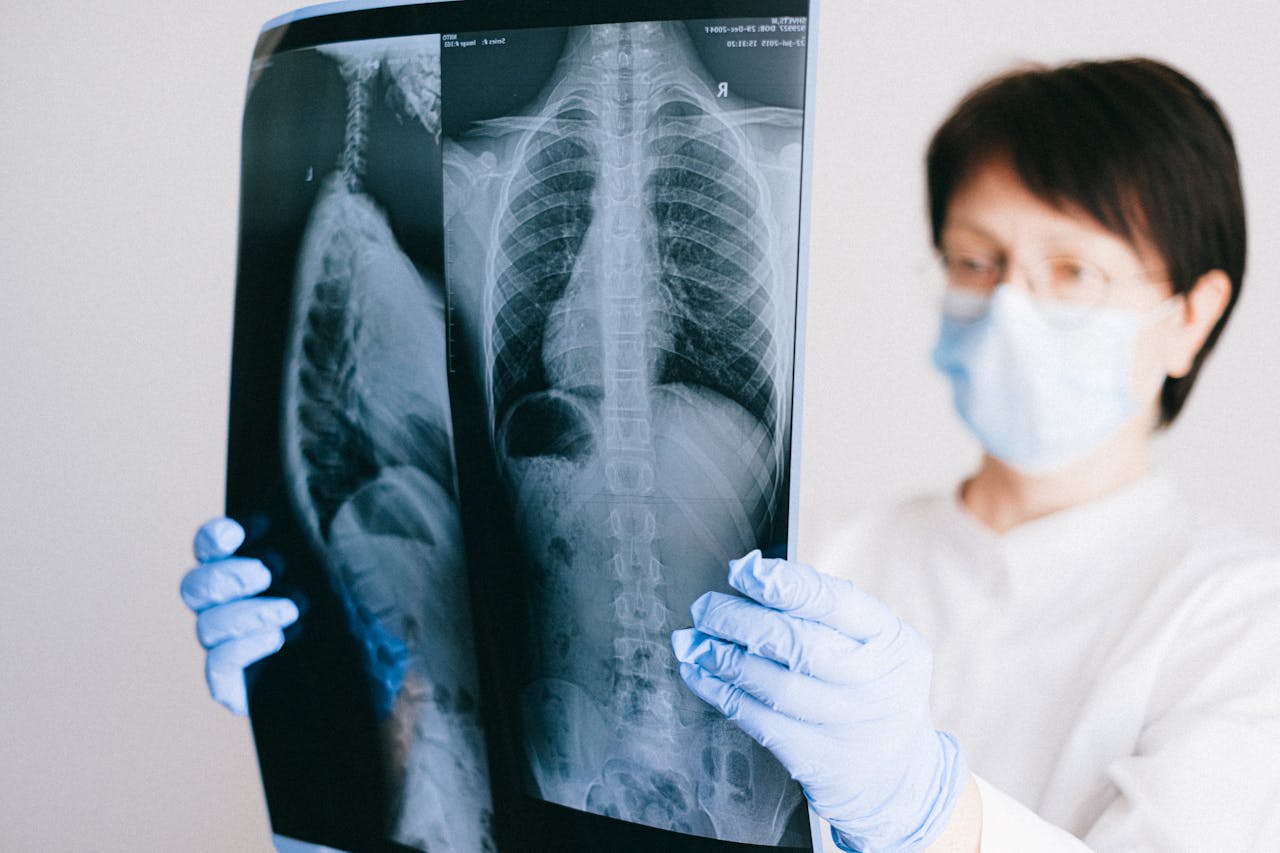In the early stages, when the cancer is just beginning to develop and is very small, patients may not experience any complaints. Nevertheless, some early-stage lung cancer patients may show symptoms not directly related to cancer, such as widespread joint (knees, wrists, shoulders, and elbows) and muscle pain, fatigue, loss of appetite, and sometimes persistent cough. However, as lung cancer progresses, symptoms and complaints become more pronounced. Additional symptoms may include worsening cough, blood-tinged sputum, hoarseness, weight loss, severe back, chest, or headache, and shortness of breath.
The symptoms experienced by lung cancer patients vary depending on the stage of the cancer.
Lung Cancer: Symptoms and Early-Stage Complaints

Lung cancer is one of the most common and deadliest types of cancer worldwide. This disease often progresses silently, making it challenging to diagnose, especially in its early stages when symptoms are minimal or absent. This delay in diagnosis often results in the disease advancing to later stages, complicating treatment. Early detection, however, can be life-saving, highlighting the importance of recognizing early-stage lung cancer symptoms.
Early-Stage Symptoms and Complaints
In the early stages, when the cancer is newly formed and very small, most patients do not exhibit any symptoms or complaints. This silent progression makes lung cancer difficult to detect. However, in some cases, individuals with lung cancer may exhibit general symptoms not directly related to the disease.
Early-stage symptoms may include widespread joint pain (in areas like knees, wrists, shoulders, and elbows), muscle pain, fatigue, and loss of appetite. These symptoms typically result from the systemic effects of cancer and may initially be overlooked or mistaken for other illnesses. Additionally, some patients may experience persistent coughing as a respiratory symptom during the early stage. However, this cough is often mild and not recognized as a sign of a serious condition.
Advanced-Stage Symptoms and Complaints
As lung cancer progresses, symptoms become more pronounced, and patient discomfort increases. In addition to early-stage symptoms, more severe and noticeable complaints emerge, including:
- Severe and persistent coughing: Coughing becomes more prominent, and sometimes blood-tinged sputum may occur due to airway irritation caused by cancer.
- Hoarseness: Compression of nerves by the cancer, especially those affecting the vocal cords, can lead to hoarseness.
- Weight loss and weakness: Unexplained weight loss and general weakness are common symptoms, reflecting the body’s struggle against cancer.
- Severe pain: Intense pain in the back, chest, or head may arise, often linked to the cancer spreading to surrounding tissues or organs.
- Shortness of breath: As lung function diminishes, breathing difficulties may occur, becoming more noticeable as the cancer advances.
Symptom Variations by Stage
Lung cancer symptoms vary depending on the stage and extent of the disease’s spread. For example:
- Early Stage: Milder and more generalized symptoms may be observed. Some patients may not exhibit any symptoms at all.
- Intermediate Stage: Symptoms such as coughing, mild shortness of breath, and fatigue may occur. At this stage, the cancer typically begins spreading to nearby tissues.
- Advanced Stage: Symptoms become more severe. If the cancer has metastasized to other organs (such as bones, liver, or brain), symptoms related to those organs may also appear.
The Importance of Early Detection
Early detection significantly improves the chances of successful treatment for lung cancer. Identifying the disease in its early stage, when it is confined to a small area, allows for more effective surgical interventions and other treatments. Unfortunately, lung cancer is often detected in advanced stages, limiting treatment options.
At-Risk Groups
Understanding risk factors is crucial for early detection. Smoking is the primary risk factor for lung cancer. However, non-smokers may also develop the disease due to genetic factors, passive smoking, or environmental exposures (e.g., radon gas or asbestos). Regular health check-ups are recommended, especially for individuals in high-risk groups.
Conclusion
Lung cancer often progresses silently in its early stages, leading to delayed diagnosis. However, some common symptoms that negatively impact overall health may provide early clues. These symptoms should not be ignored, and individuals in at-risk groups should undergo regular screening tests. Remember, early detection can significantly improve both the life expectancy and quality of life for lung cancer patients.



